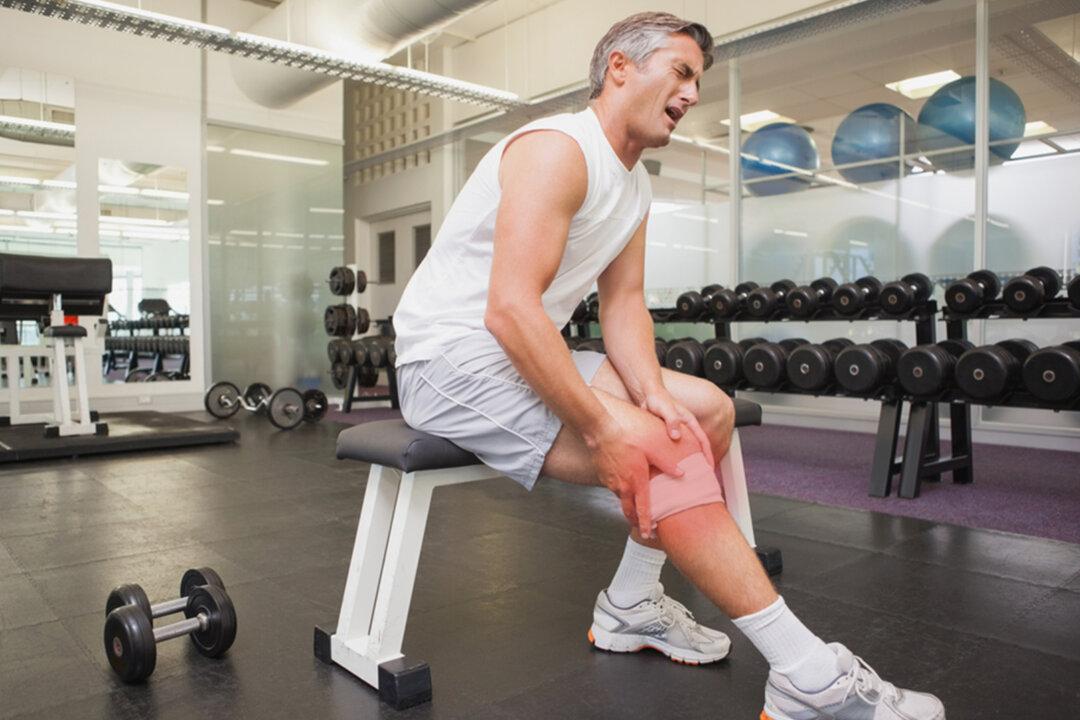A crucial part of the American dream is that if people are willing to work hard, no matter their race, age, sex, or other disadvantages, they can find a job and their happiness in life. This was the experience that led 23-year-old Rhode Island resident Michael Coyne, who has autism, to found his very own coffee shop where people with disabilities like him would get the chance to prove themselves.
When Michael turned 21 he applied for work, and applied some more, but to no avail. His mom, Sheila Coyne, remembers telling him, per Valley Breeze, “well, if you can’t find a job and your friends can’t find a job, we’re going to make our own road.”




